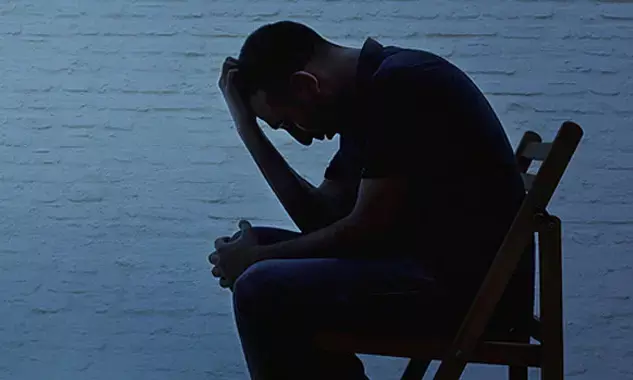Understanding Post-Stroke Depression: Causes, Symptoms, and Treatments
An Overview of Post-Stroke Depression, Its Impact, and Effective Approaches for Management;

Stroke is very dangerous. Sometimes it can be fatal. Stroke affects not only the body but also the brain badly. After a stroke, the problem of depression (Post Stroke Depression) has been seen in many patients, which doctors consider serious. Therefore, it is advised to get it checked from time to time. Let us know what post-stroke depression is and what is its treatment.
Cause of post-stroke depression
Going into depression after a stroke is called post-stroke depression. Not one but many reasons have been given for this. These include the place of stroke, genetic, social support and personality factors. The sudden onset of paralysis can trigger emotions. Brain injury and neurochemical changes can cause mood swings. The stroke that occurs after a stroke can also affect the daily routine. The reason for this may be someone in the family having such a problem earlier or being in depression before the stroke.
Symptoms of post-stroke depression
According to health experts, some symptoms of post-stroke depression were seen in hospitalized patients just like stroke. These include weight loss, fatigue and changes in sleeping patterns. Other symptoms include dysphoria, anhedonia, regret about something, lack of concentration, problems in making any decision, and thoughts of suicide. About 30% of stroke patients have difficulty speaking, which can be the cause of depression in stroke patients.
What changes occur in post-stroke depression
According to health experts, in post-stroke depression, the patient remains sad, he does not feel like doing any work and he does not like any work. In a 2014 study, the risk of depression after stroke has been seen to be up to 31%.
Treatment of post-stroke depression
According to health experts, the treatment of post-stroke depression should be based on biological, psychological, social and rehabilitation. Some studies have also found therapy to be effective for the treatment of depression in stroke patients. Behavior activation therapy is considered the best in this, which is based on the happy moments of life. Some positive approaches are shown in this. An attempt is made to increase the feeling of belongingness in the patient. They are made psychologically strong. Researchers believe that some moments in life are so good that with their help depression can be reduced. Along with this, brain stimulation methods, RTMS (Repetitive Transcranial Magnetic Stimulation) and TDCS (Transcranial Direct Current Stimulation) among others have also been considered effective in post-stroke depression.
Medicines for post-stroke depression
Along with this, psychiatrists also use anti-depressants to treat post-stroke depression. These medicines are also considered very effective. However, the patient should also be monitored regularly. They should be taken only after consulting health experts.
Challenges of post-stroke depression
Health experts say that if a patient with post-stroke depression is not treated, his quality of life can become very bad. This can also ruin his entire life. Therefore, proper treatment should be done at the right time, so that the patient does not face any problem in the future.

